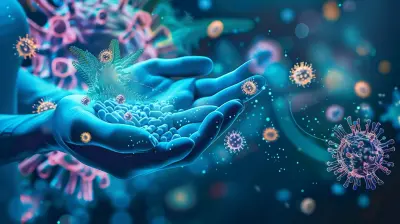How Social Interaction Strengthens Brain Function
25 August 2025
Let’s face it—life gets busy. Between work, responsibilities, and daily routines, it’s easy to slip into isolation without even realizing it. But here's the thing: your brain craves connection. In fact, meaningful social interaction isn’t just good for your emotional well-being—it also acts like a workout for your brain.
Sounds surprising? Maybe. But science has been pretty loud and clear about it. Engaging with others helps keep your mind sharp, boosts your memory, and even reduces your risk of cognitive decline. So, if you ever needed an excuse to call up an old friend or join a community group, this is it.
Let’s dive into how social interaction actually strengthens brain function—and why staying connected might be one of the most powerful things you can do for your mental health.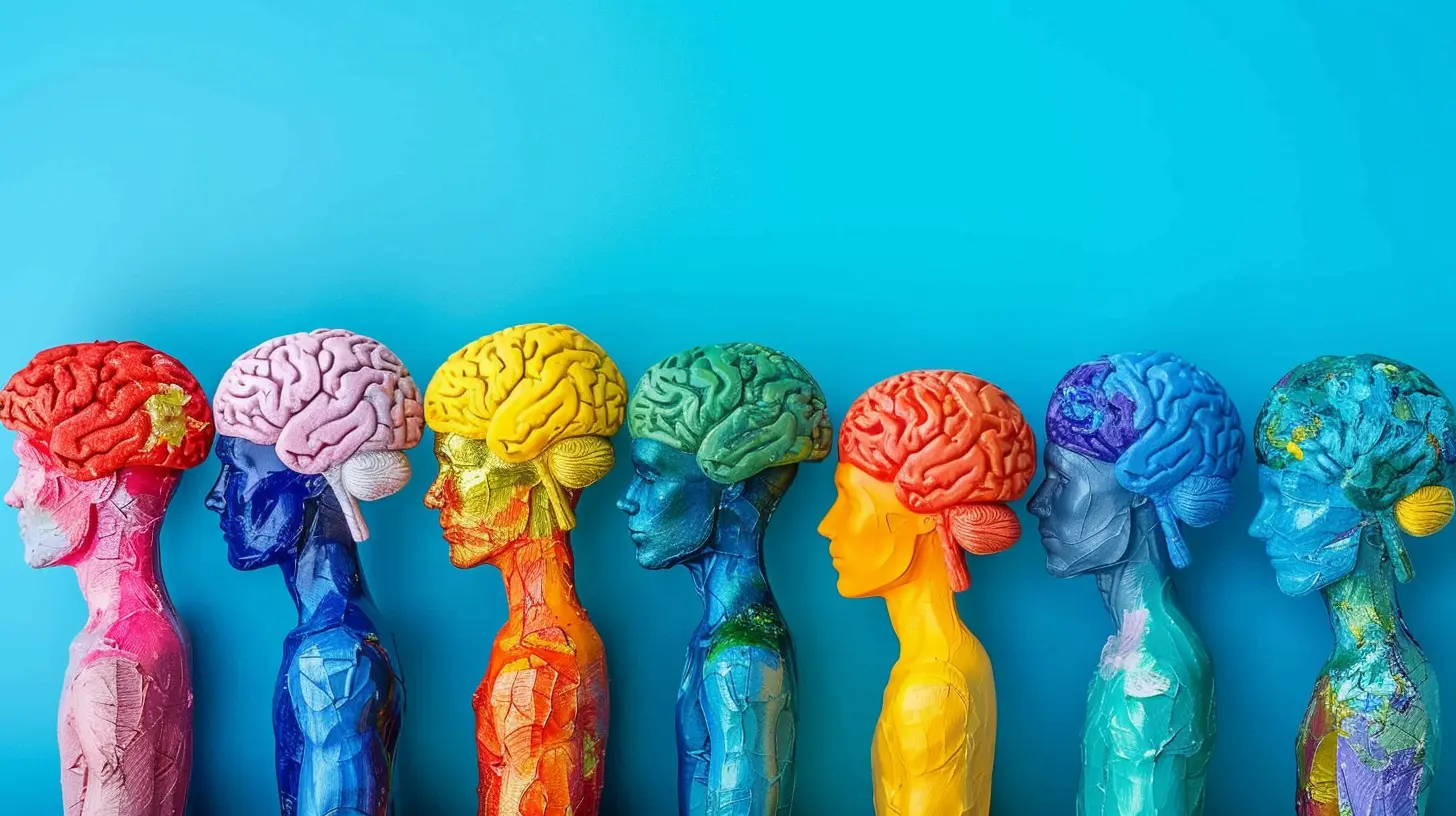
Why the Brain Loves Human Connection
You might think of the brain as this high-powered, logic-driven machine. But at its core? It's deeply social.Our brains are wired for connection. From infancy, we grow and learn through our relationships. Scientists have found that when we interact with others, our brains light up in amazing ways. Different areas activate to help us process emotions, remember people’s faces, understand social cues, and even empathize.
When you chat, laugh, or even argue (yes, even that unpleasant moment), your brain is actively flexing its muscles—processing language, generating emotional responses, recalling memories, and analyzing behavior. All of this keeps your mental gears turning.
Think of It Like Brain Aerobics
If you want to stay physically fit, you exercise regularly, right? The same goes for your brain. Social interactions are like aerobics for your mind. Every conversation is a mini workout involving memory, focus, emotion, and perception.No need for a brain gym membership—the world is your mental training ground.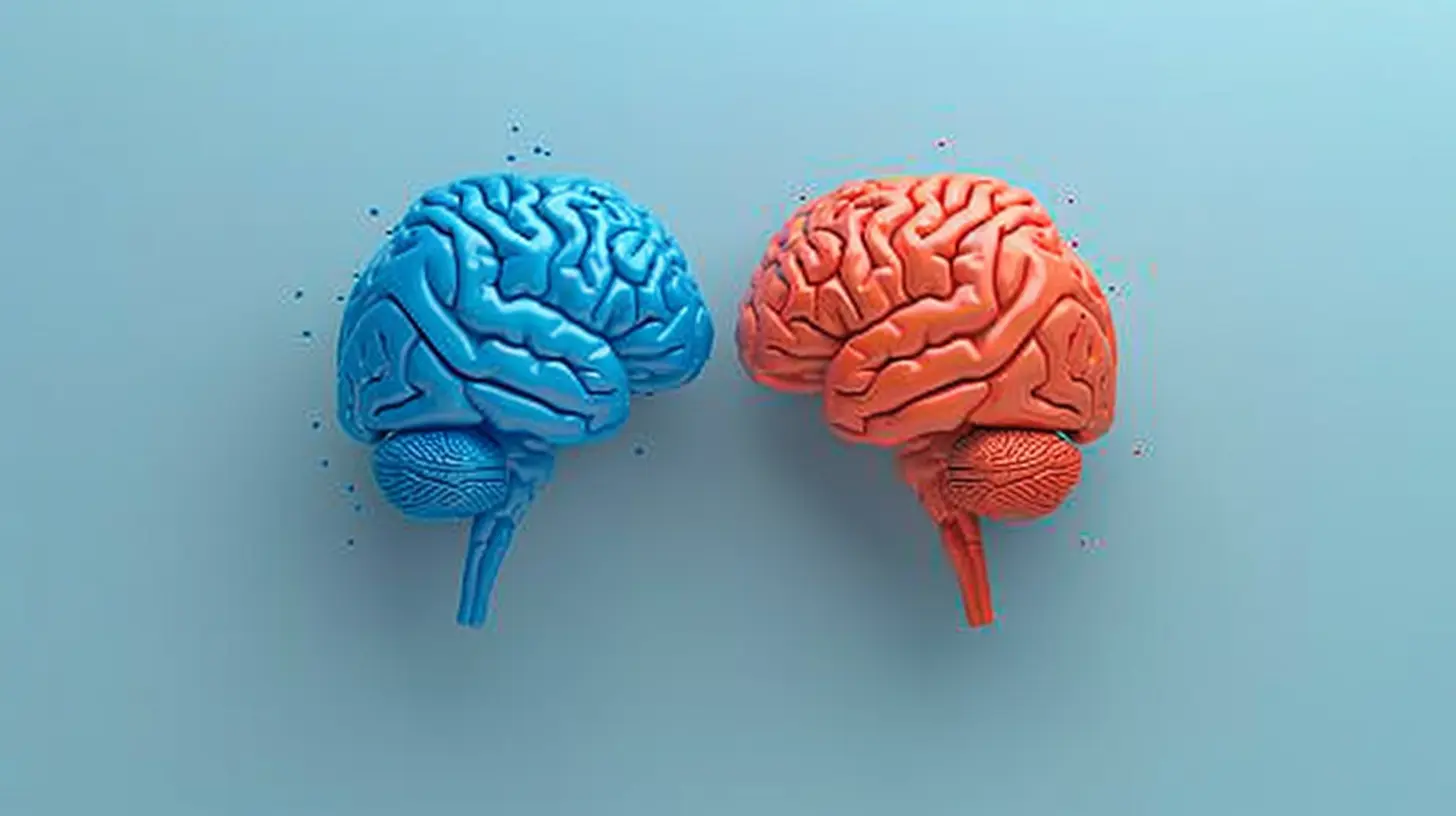
The Cognitive Benefits of Social Interaction
So, what’s actually happening up there when you're socially engaged? Let’s break it down.1. Enhanced Memory and Recall
Ever notice how you remember stories better than facts? That’s partly because stories are often shared through social experiences.When you interact with others, you’re constantly recalling and sharing personal memories, reinforcing those neural pathways in the brain. This helps with memory retention and recall.
Older adults with strong social networks have been shown to have better memory function and are less likely to develop dementia. Not bad for something as simple as catching up over coffee, right?
2. Improved Problem-Solving Skills
Conversations often challenge you to think on your feet—responding to questions, considering other perspectives, and making decisions. This keeps your brain flexible and agile.Collaborative problem-solving, debates, or even light arguing (in a respectful way) stimulates critical thinking, which strengthens the prefrontal cortex—the part of your brain responsible for decision-making and reasoning.
3. Reduced Risk of Cognitive Decline
Loneliness has been linked to increased risk of Alzheimer’s and other forms of cognitive decline.Why? Because isolation limits mental stimulation. Your brain becomes like a car sitting in the garage—unused and deteriorating. Social connections act like that daily drive that keeps the engine purring.
4. Boosted Mood and Mental Health
Don't underestimate the emotional side of brain health. Social interaction increases the release of “feel-good” chemicals like oxytocin, serotonin, and dopamine.These neurotransmitters don’t just improve mood—they also enhance cognitive performance and reduce stress. When you're happy and calm, your brain is able to function more effectively. Stress hormones like cortisol, on the other hand, impair memory and learning.
So, that heartwarming talk with a friend? It’s brain fuel.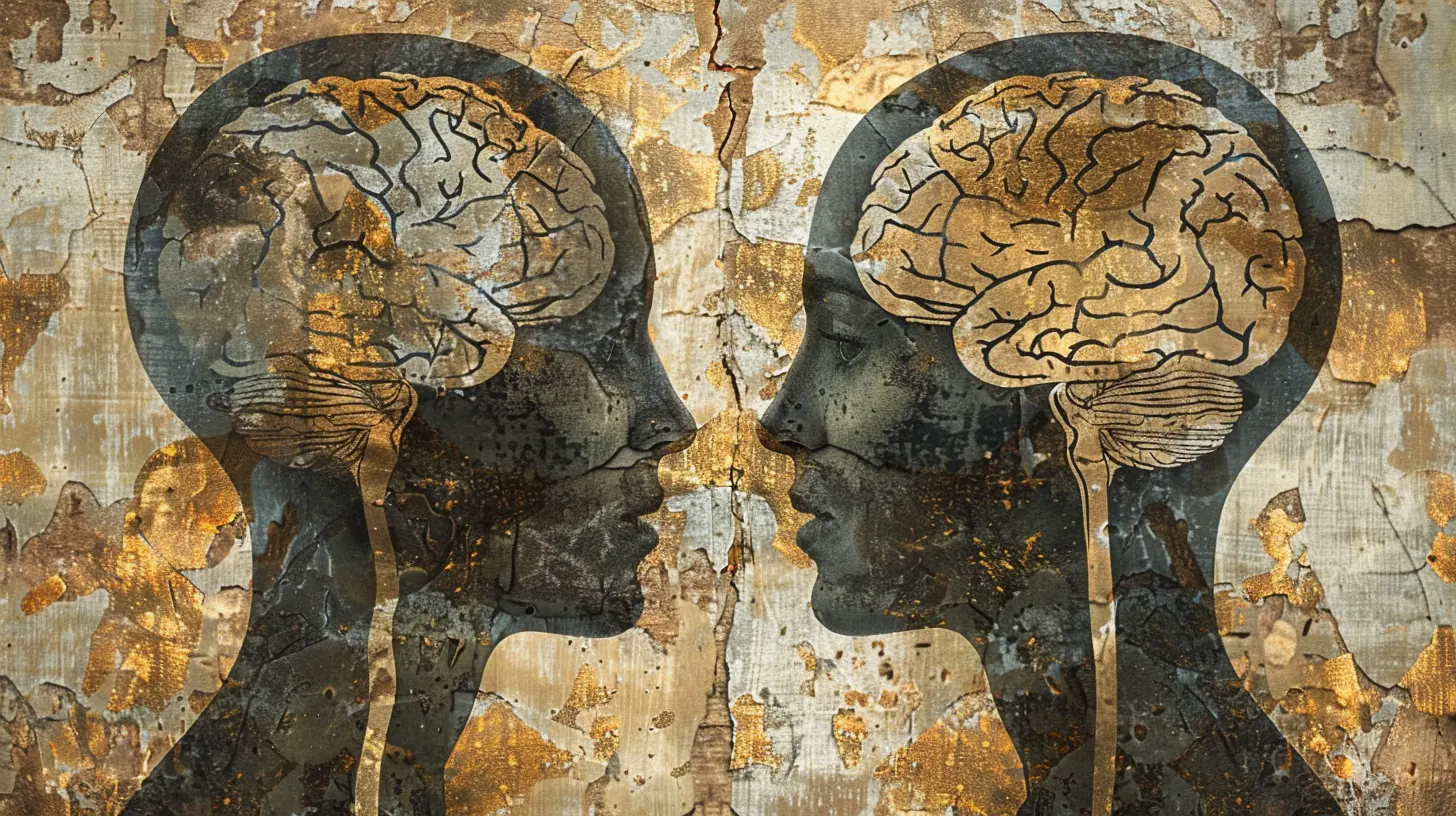
What Happens in Your Brain During Social Interaction?
Here’s where things get nerdy—but fun.When you're in a social setting, multiple parts of your brain are firing off at once:
- Prefrontal Cortex: Helps you navigate social situations, make decisions, and regulate behavior.
- Amygdala: Processes emotional responses, especially related to fear and pleasure.
- Hippocampus: Involved in forming and retrieving memories.
- Temporal Lobes: Handles language and understanding what others are saying.
Each time you engage in meaningful conversation, you're giving all of these regions a little workout. Talk about brain multitasking.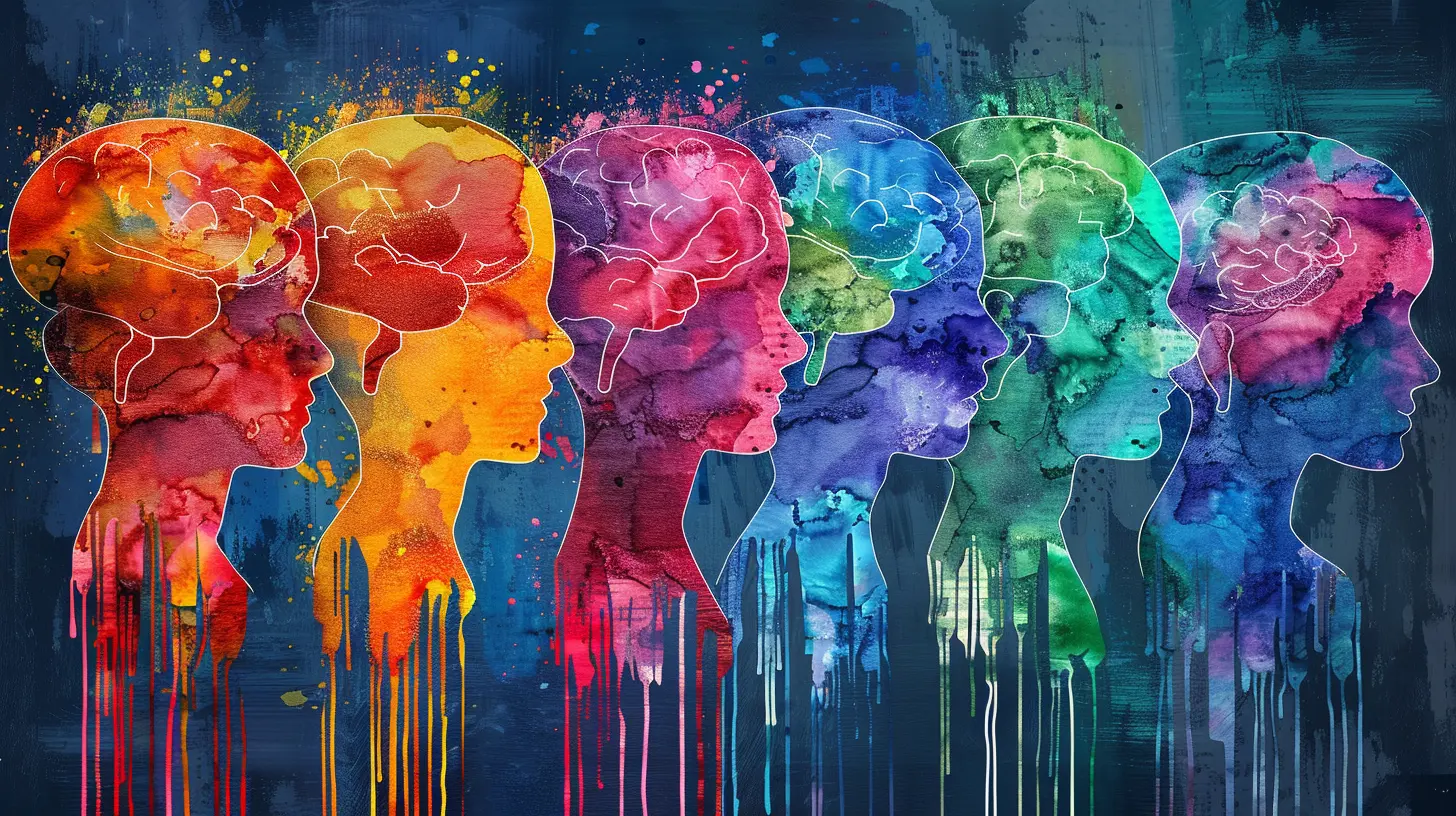
The Role of Empathy and Emotional Intelligence
Ever noticed how connecting emotionally with someone feels mentally satisfying? That’s your brain reaping the benefits of empathy.Empathy—the ability to feel what someone else is feeling—is deeply connected to the brain’s mirror neurons. These help us “mirror” or simulate other people’s emotions, enhancing both understanding and compassion.
Practicing empathy isn't just good for your relationships—it also strengthens your brain’s ability to process complex emotions, build emotional intelligence, and regulate its own responses.
Socializing Across The Lifespan
Let’s be real—our social habits change as we age. But regardless of age, the benefits of socializing don’t fade. If anything, they become more important.Children: Building Cognitive Foundations
For kids, social interaction helps build language skills, emotional regulation, and problem-solving. Playdates and group learning are more than fun—they're laying down the brain’s core architecture.Adults: Managing Stress and Enhancing Creativity
Busy adult life can be isolating. But making time for friends or team collaboration can improve work performance, reduce stress, and even spark creativity.Ever brainstormed with someone and walked away feeling energized? That’s your brain thriving on connection.
Seniors: Staying Mentally Fit
Social isolation in older adults is a serious public health issue. But it’s reversible. Staying in touch with friends, joining clubs, and engaging with family can protect seniors from memory loss and cognitive decline.Quality matters more than quantity, too—deep, meaningful relationships have the biggest impact.
Digital Interaction vs. In-Person: Does It Matter?
We live in a digital age where much of our interaction happens through screens. So, is FaceTime as good as face-to-face?Yes and no.
Video chats and social media can help maintain connections, especially when distance is a factor. They absolutely count. But there's something special about real-life interaction—touch, body language, eye contact—that engages your brain on a deeper level.
Think of digital socializing as a lovely salad, while in-person interaction is the full entree. Both nourish—but one’s more complete.
Tips to Boost Social Engagement for Brain Health
Let's get practical. Want to strengthen your brain through social connection? Here are simple ways to do it:1. Prioritize People
Make time for friends and family. Put it on the calendar like any other important appointment. A quick coffee or walk can do wonders.2. Join a Group or Class
From book clubs to dance classes, shared interests spark connection. You also meet new people—bonus points for novelty, which also supports brain growth.3. Volunteer
Helping others connects you with your community and gives you a sense of purpose. Both are excellent for emotional and mental well-being.4. Be Present
Quality over quantity. Listen actively, make eye contact, engage fully. Deep conversations are more beneficial than small talk.5. Limit Isolation Triggers
Working from home? Schedule regular social breaks. Moving to a new city? Sign up for local events. The key is being intentional.Final Thoughts: Your Brain Was Born to Connect
Here's the bottom line—strong social relationships don’t just make life richer. They literally make your brain stronger.Human connection is a cornerstone of cognitive health. So next time you're tempted to cancel plans or keep to yourself for days on end, pause and consider this: every laugh, hug, or heart-to-heart isn’t just good for the soul—it’s a brain-boosting superpower.
Stay connected. Your brain will thank you.
all images in this post were generated using AI tools
Category:
Brain HealthAuthor:

Angelo McGillivray
Discussion
rate this article
1 comments
Nicole Bennett
Loved this article! It’s amazing how simple social interactions can significantly impact our brain health. Whether it’s a quick chat with a coworker or a coffee date with a friend, these moments boost our cognitive functions. Let’s make time for connections—they’re good for our minds and hearts!
September 4, 2025 at 4:06 AM

Angelo McGillivray
Thank you so much! I'm glad you found the article impactful. You're absolutely right—those simple interactions truly do wonders for our brain health!


